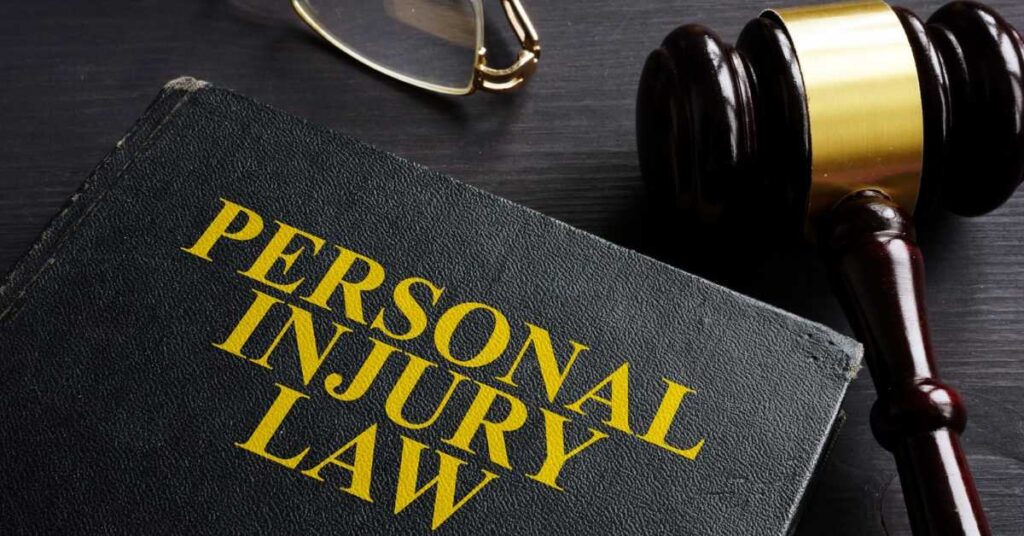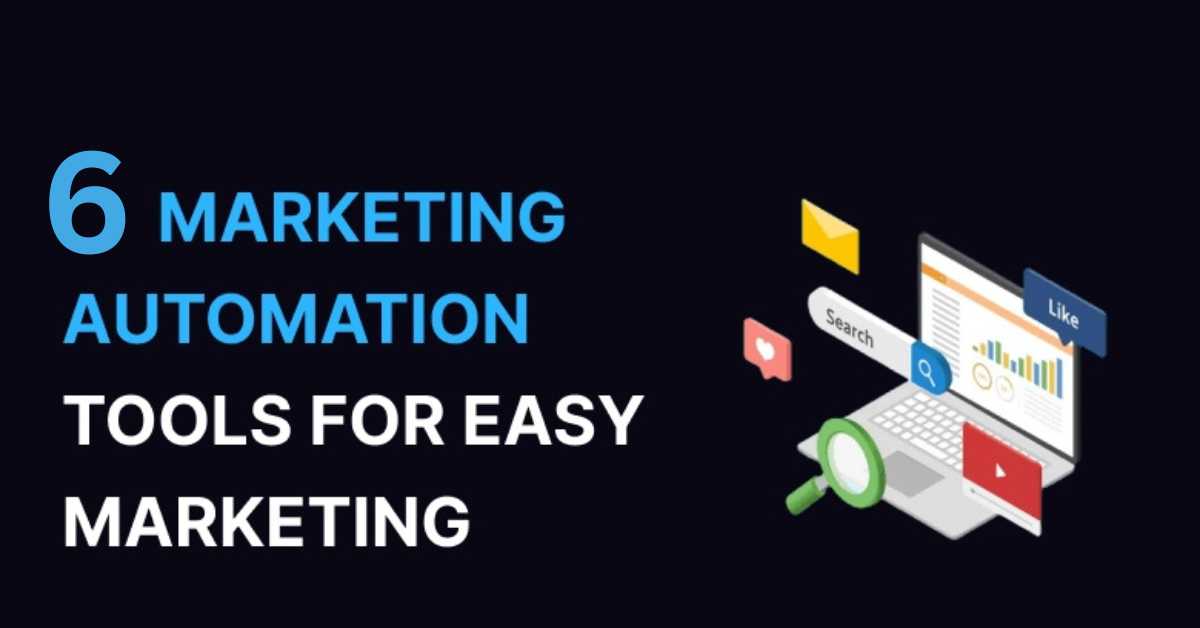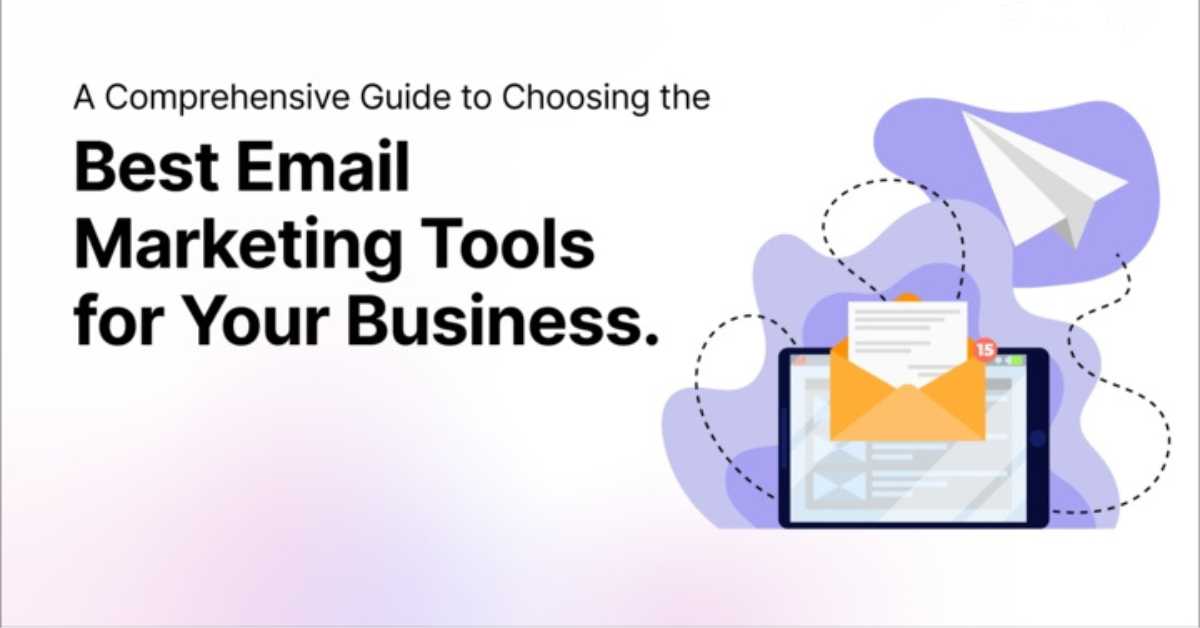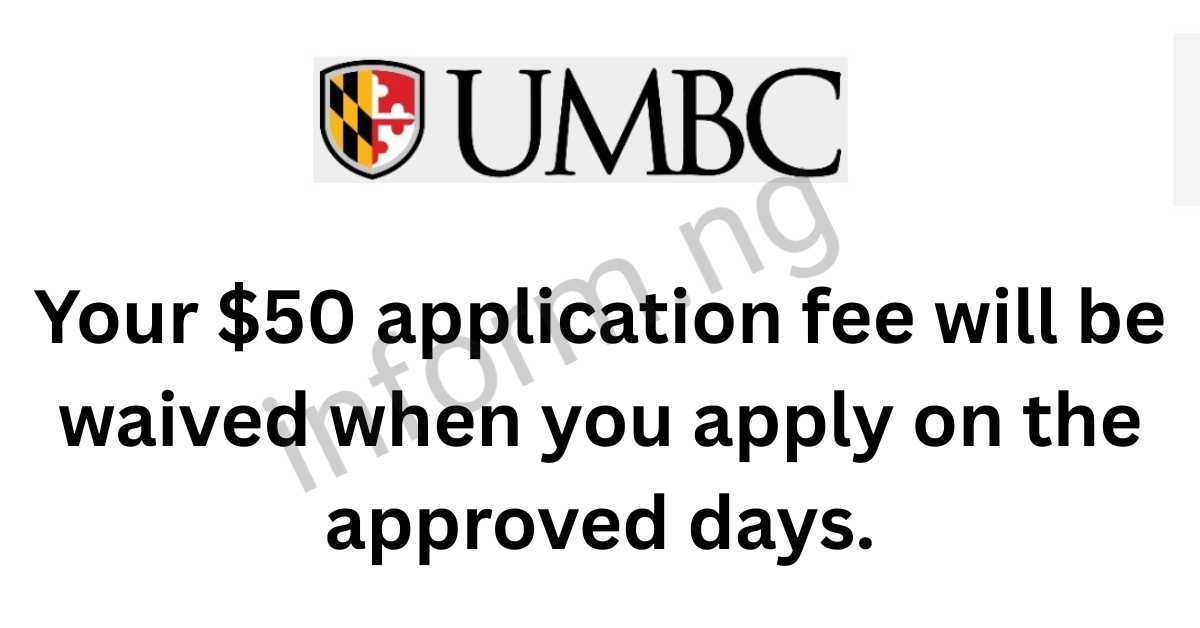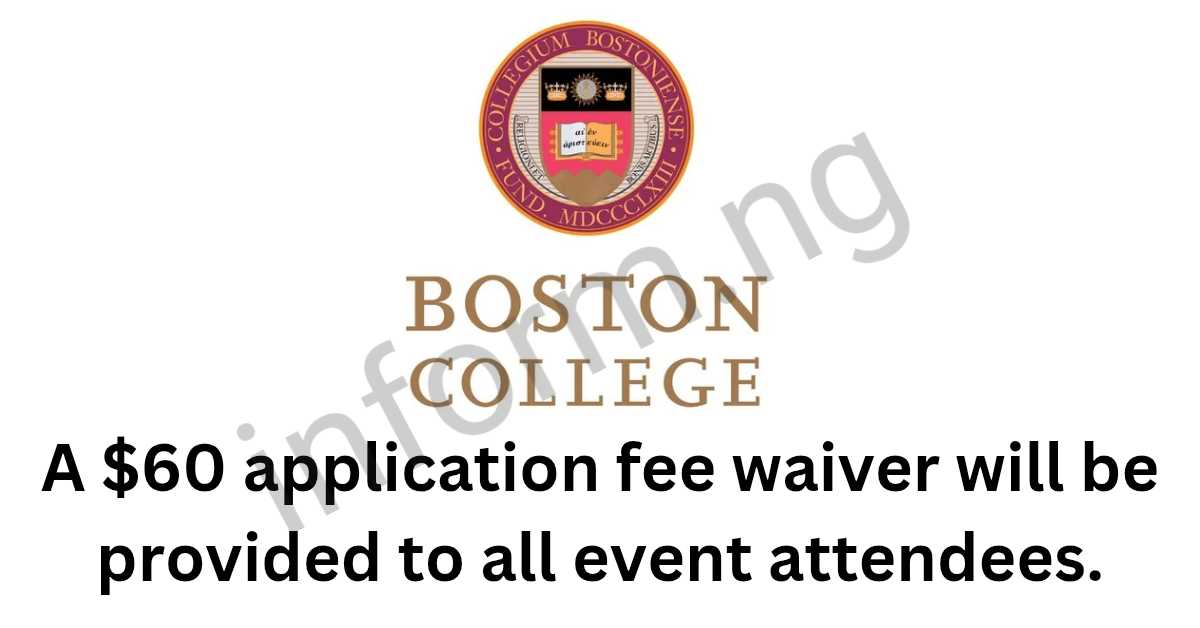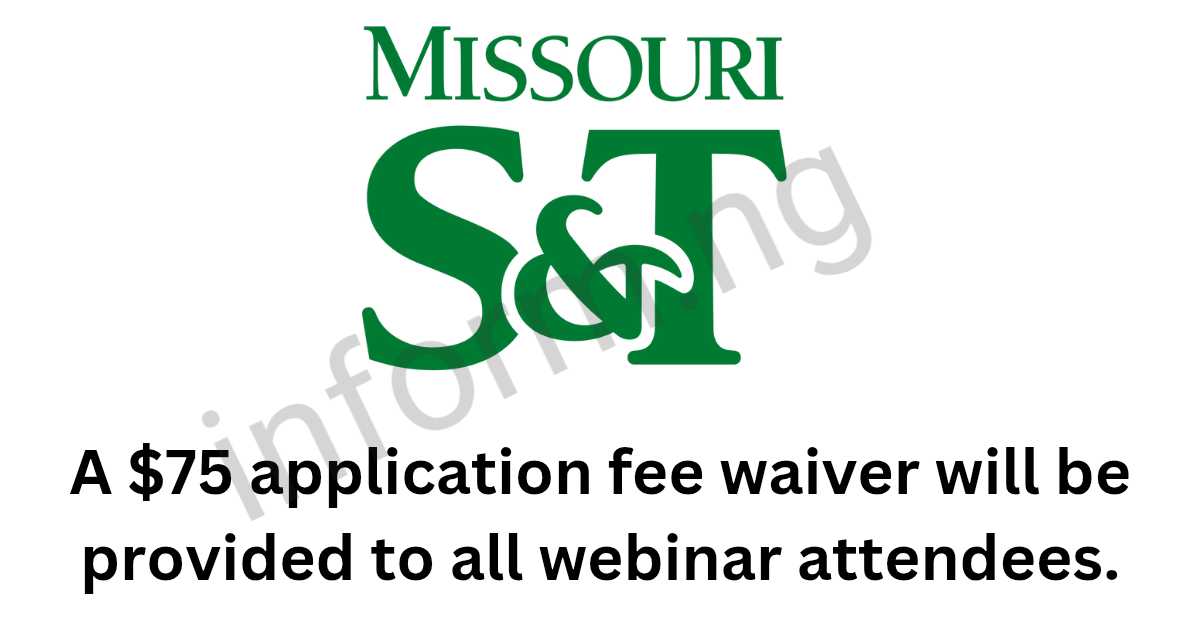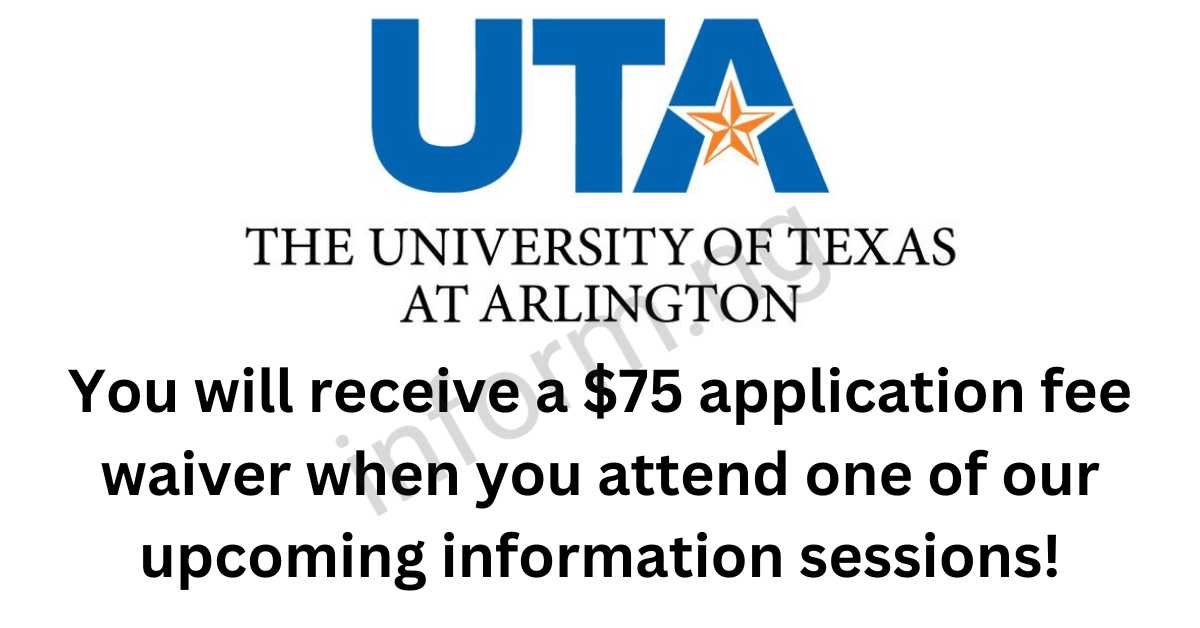The Legal Process
If you’ve suffered a personal injury, it’s crucial to understand the legal process:
- Consultation: Meet with a personal injury attorney or lawyer to discuss your case, assess damages, evaluate evidence, and determine the best course of action.
- Investigation: Gather evidence and documentation to support your claim, including medical records, witness statements, accident reports, police reports, and expert testimony.
- Filing a Lawsuit: Submit a formal complaint to the court, outlining the defendant’s negligence, recklessness, or intentional wrongdoing, and specifying the damages sought.
- Discovery: Exchange information and evidence with the opposing party, including depositions, interrogatories, requests for production, and admissions.
- Trial: Present your case to a judge or jury, who will determine liability, causation, and damages, and potentially award compensation for medical expenses, lost wages, pain and suffering, emotional distress, and diminished quality of life.
- Settlement: Reach a negotiated agreement with the opposing party, avoiding the need for a trial, and ensuring a fair and reasonable settlement.
Finding the Right Personal Injury Lawyer
When seeking legal representation, look for a lawyer with:
- Experience: Proven track record in personal injury cases, with a deep understanding of relevant laws, regulations, and legal precedents.
- Expertise: Knowledge of specific areas, such as medical malpractice, product liability, premises liability, and workers’ compensation.
- Communication: Clear and transparent communication throughout the process, ensuring you’re informed and involved in case strategy, settlement negotiations, and trial preparation.
- Resources: Access to expert witnesses, investigators, and other resources to support your case, including medical experts, accident reconstructionists, and economists.
Additional Tips and Considerations
- Statute of Limitations: Understand the time limits for filing a personal injury claim, which vary by state and case type, including wrongful death, traumatic brain injury, and spinal cord injury.
- Comparative Negligence: Recognize that your own actions may contribute to the injury, potentially reducing the amount of compensation, and understand the concepts of contributory negligence and assumption of risk.
- Damages: Know that compensation can include medical expenses, lost wages, pain and suffering, emotional distress, diminished quality of life, loss of consortium, and other related costs, such as rehabilitation expenses and property damage.
Conclusion
By understanding personal injury law and the legal process, you can navigate the complex and often daunting world of personal injury claims. If you’ve suffered an injury due to someone else’s negligence, don’t hesitate to seek the guidance of a qualified personal injury lawyer or attorney, who can provide expert legal advice, representation, and advocacy.
Thank you for reading. We hope you enjoyed it!

